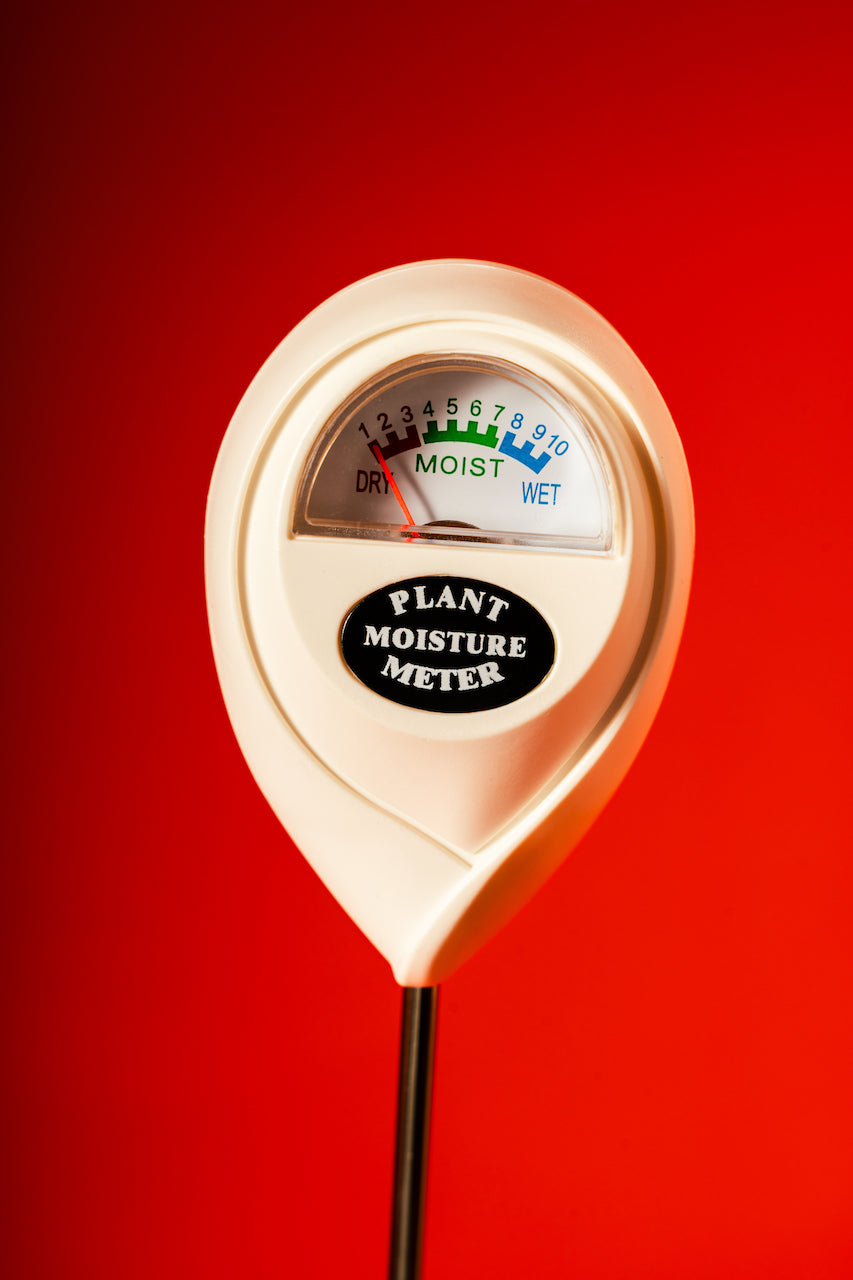The Ultimate Guide to Dampness Meters: A Comprehensive Review and Just How They Can Save You Money
Wetness meters offer as vital devices in spotting and monitoring moisture material in products, helping in avoiding costly problems and making certain the quality of products. Understanding the subtleties of different kinds of dampness meters, their applications, and the possible cost-saving advantages they use can be a game-changer for organizations and specialists alike.
Kinds Of Moisture Meters
Different kinds of moisture meters are available for different applications in different industries. One usual type is the pin-type moisture meter, which gauges the electric resistance in between 2 pins put right into a material. This kind is ideal for wood, drywall, and other structure materials. Pinless dampness meters, on the other hand, use electro-magnetic sensing unit plates to scan a larger area without triggering damages to the material's surface. Moisture Meter. These meters are ideal for quickly analyzing dampness levels in big areas such as wall surfaces and floorings.

Infrared wetness meters measure the thermal homes of a material to establish its dampness content non-invasively, making them beneficial for applications where pin or pinless meters may not be suitable. Understanding the different kinds of wetness meters offered can assist industries choose the most suitable tool for their particular wetness dimension demands.

Advantages of Making Use Of Moisture Meters
Dampness meters supply very useful benefits in accurately analyzing and monitoring wetness degrees in varied products and environments. One of the main benefits of utilizing wetness meters is the avoidance of prospective damage triggered by excess wetness.
In addition, making use of wetness meters can lead to increased power effectiveness. In farming setups, dampness meters play a crucial function in enhancing plant yields by enabling farmers to keep track of soil moisture degrees and make notified watering decisions.
How to Pick the Right Moisture Meter
When choosing a dampness meter, it's crucial to make sure that the meter is appropriate for the certain material you will certainly be testing. Different products have differing electric residential or commercial properties that can affect moisture analyses, so selecting a meter made for your material is crucial for precise outcomes. By thoroughly assessing these factors, you can pick a dampness meter that meets your demands and provides accurate dampness dimensions for your projects.
Appropriate Methods for Moisture Meter Use

Price Cost Savings With Wetness Meter Applications
Just how can the tactical use of dampness meters lead to substantial cost financial savings across various sectors? In the farming market, moisture meters help in identifying the ideal time for collecting crops, avoiding over-drying or excess dampness that can impact the final product's high quality.
Similarly, in building and construction, dampness meters aid prevent expensive problems by identifying dampness degrees in building products, such as wood or concrete, which can cause architectural concerns if not addressed immediately. By identifying trouble areas beforehand, professionals can take corrective actions to prevent comprehensive fixings or substitutes, ultimately saving time and cash.
Moreover, in the food handling industry, moisture meters are necessary for monitoring product top quality and making certain conformity with safety policies. By properly measuring dampness material in food items, suppliers can prevent putridity, keep quality, and lower waste, causing considerable cost financial savings. Overall, the critical application of moisture meters is a beneficial financial investment that can lead to substantial price decreases and improved effectiveness across various industries.
Verdict
Finally, moisture meters are valuable go to my blog tools for identifying and gauging wetness degrees in different materials. By making use of the right moisture meter and adhering to appropriate techniques, users can effectively protect against costly damages caused by excess moisture. Spending in a top quality dampness meter can result in considerable expense savings in the long run by recognizing possible problems early and allowing punctual removal. Inevitably, dampness meters are vital instruments for keeping the honesty and durability of frameworks and products.
Dampness meters offer as indispensable tools in discovering and monitoring moisture material in products, aiding in avoiding pricey problems and making sure the top quality of products. Infrared wetness meters determine the thermal buildings of a material to establish its dampness content non-invasively, making them useful for applications where pin or pinless meters might not be ideal.Dampness meters use indispensable benefits in precisely keeping an eye on and evaluating wetness degrees in diverse products and settings. In farming setups, wetness meters play a vital function in maximizing crop yields by enabling farmers to keep an eye on soil moisture levels and make informed watering decisions.In conclusion, moisture meters are useful devices for detecting and measuring moisture levels in different products.